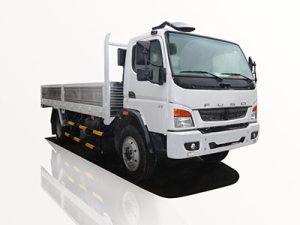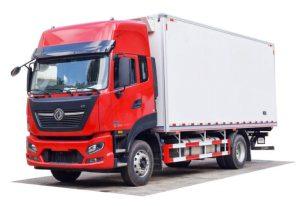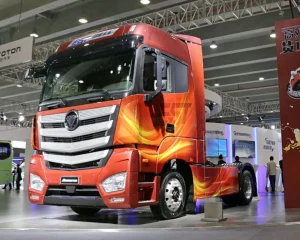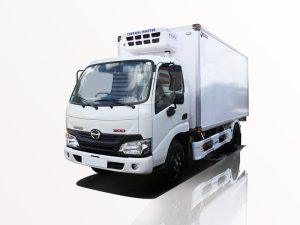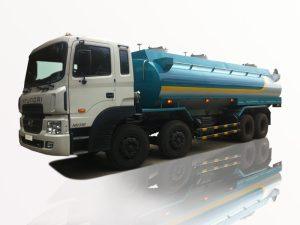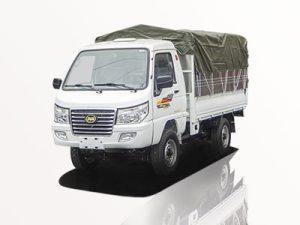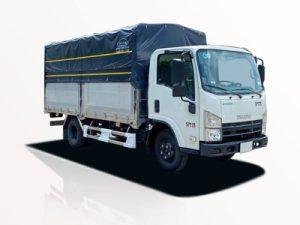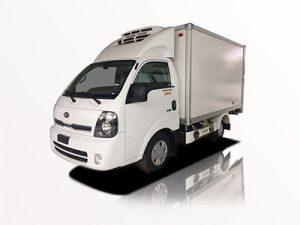Monday to Saturday - 8:00 -17:30
Everything You Need to Know About Double Decker Trailers
Double decker trailers have revolutionized the transportation and logistics industry, offering unique benefits in terms of capacity, efficiency, and versatility. In this comprehensive article, we will delve into everything related to double decker trailers, from their construction to their applications, regulations, and best practices for use. Whether you’re looking to buy, rent, or learn more about these trailers, you’ll find valuable insights and practical examples throughout.
What is a Double Decker Trailer?
Double decker trailers are specialized transportation vehicles capable of carrying freight on two decks or levels. This design significantly enhances their hauling capacity, making them ideal for various applications such as transporting vehicles, equipment, or even goods in bulk.
Key Features of Double Decker Trailers
- Increased Capacity: The most notable feature is the ability to carry more goods, with dual loading zones allowing for a more organized arrangement of cargo.
- Efficient Load Layout: The two-tier loading system enables better utilization of space.
- Versatile Design: They can be customized to accommodate different types of cargo, from pallets to vehicles.
Types of Double Decker Trailers
1. Double Decker Car Haulers
Perfect for the automobile industry, these trailers are designed to transport multiple vehicles at once. The upper deck can be hydraulically or manually lowered for easy loading and unloading.
2. Double Decker Flatbed Trailers
These are versatile and can carry various cargo types. Their flatbed design helps accommodate awkward or oversized loads while maintaining the benefits of dual levels.
3. Double Decker Enclosed Trailers
Offering an enclosed space, these trailers protect cargo from the elements. They are particularly useful for transporting sensitive goods such as electronics or fragile items.
Benefits of Using Double Decker Trailers
1. Cost Efficiency
Double decker trailers can help businesses save on transportation costs by maximizing cargo loads. Fewer trips mean reduced fuel costs and less vehicle wear.
2. Reduced Environmental Impact
Transporting more goods in fewer trips lowers emissions, making double decker trailers an environmentally friendly option.
3. Flexibility
These trailers can be customized for various industries, including automotive, retail, and manufacturing, making them a versatile solution for different logistical needs.
Choosing the Right Double Decker Trailer
Key Considerations
- Payload Capacity: Ensure that the trailer can handle the weight of your cargo.
- Dimensions: Confirm that the dimensions of the trailer fit the legal requirements and the space available for loading and unloading.
- Material Quality: High-quality materials ensure durability and longevity.
Examples of Usage
Consider a logistics company specializing in automotive transport. By utilizing a double decker car hauler, they can move 10 vehicles at once instead of five, significantly improving their efficiency and reducing costs.
Regulations and Safety Standards
1. Legal Requirements
Regulations regarding double decker trailers can differ by region. Always check local laws regarding height restrictions, weight limits, and necessary permits.
2. Safety Features
- Load Straps and Tie-Downs: Effective securing equipment is essential to prevent cargo movement.
- Lighting: Properly lit trailers are crucial for safety during nighttime operations.
- Brake Systems: Ensure your trailer has an efficient braking system suited for its size and load.
Maintenance of Double Decker Trailers
Routine Checks
Regular maintenance is critical for safety and longevity. Here are some recommended checks:
- Tire Inspection: Ensure tires are properly inflated and in good condition.
- Brake Functionality: Regularly test and maintain the braking system.
- Chassis and Frame: Inspect for rust, cracks, or any signs of structural weaknesses.
Recommended Maintenance Schedule
| Maintenance Task | Frequency |
|---|---|
| Tire Inspection | Weekly |
| Brake Checks | Monthly |
| Chassis Inspection | Quarterly |
| General Maintenance | Annually |
Operational Tips for Double Decker Trailers
1. Loading and Unloading
Use ramps or lifters to safely load and unload cargo. Ensure that all loads are secured properly before transit.
2. Weight Distribution
Balance the weight evenly across both decks to maintain stability during travel. An unbalanced load can lead to difficulty in handling and increased risk of accidents.
3. Driver Training
Ensure that drivers are adequately trained to handle double decker trailers, as their size and handling capabilities differ from standard trailers.
Cost Comparison: Double Decker Trailers vs. Standard Trailers
| Feature | Double Decker Trailers | Standard Trailers |
|---|---|---|
| Initial Cost | Higher | Lower |
| Capacity | High | Moderate |
| Operational Efficiency | High | Low to Moderate |
| Fuel Costs | Lower per load | Higher per load |
Future Trends in Double Decker Trailers
1. Technological Innovations
Advancements such as smart trailer technology, which integrates sensors and connectivity, can improve tracking and safety features.
2. Eco-Friendly Designs
Manufacturers are increasingly incorporating sustainable materials and fuel-efficient designs to align with environmental goals.
3. Customization Options
As the demand for tailored transport solutions increases, we can expect more customized options to become available, enhancing the versatility of double decker trailers.
FAQ Section
1. What is the maximum weight capacity of a double decker trailer?
The maximum weight capacity often varies depending on the specific trailer design and local regulations, but many double decker trailers can carry up to 26,000 pounds or more.
2. Are double decker trailers more challenging to drive?
Yes, they can be more challenging due to their height and length. Drivers should receive specialized training for handling such trailers.
3. How do I secure cargo on a double decker trailer?
Use load straps, tie-downs, and other securing equipment to firmly hold the cargo in place and prevent movement during transit.
4. Can double decker trailers be used for international shipping?
Yes, they can be used, but it is important to check international regulations regarding dimensions and loading capacities.
5. What maintenance is necessary for double decker trailers?
Routine maintenance includes tire inspections, brake checks, chassis inspections, and general upkeep to ensure safety and reliability during operation.
6. How can I improve the efficiency of my double decker trailer?
Improving loading practices, ensuring balanced weight distribution, and utilizing technology for tracking and monitoring can significantly enhance efficiency.


